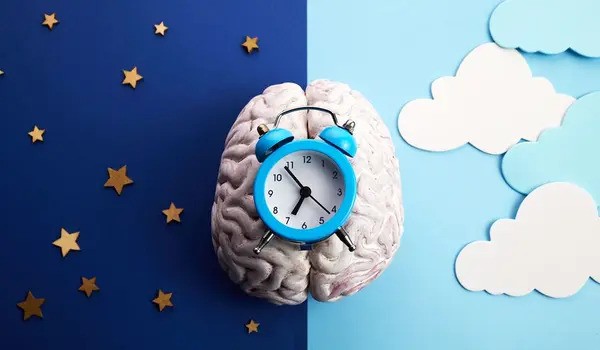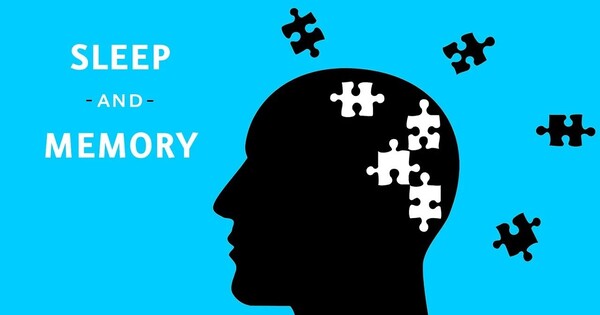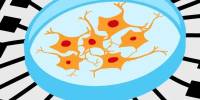While everyone knows that a good night’s sleep replenishes energy, a recent Cornell University study reveals that it also resets another critical function: memory.
Learning or experiencing new things activates neurons in the hippocampus, a part of the brain responsible for memory. Later, as we sleep, those same neurons repeat the same pattern of activity, allowing the brain to consolidate memories, which are subsequently stored in a big area known as the cortex. But how can we continue to learn new things for a lifetime without exhausting all of our neurons?
A new study, “A Hippocampal Circuit Mechanism to Balance Memory Reactivation During Sleep,” that has just been published in Science, finds at certain times during deep sleep, certain parts of the hippocampus go silent, allowing those neurons to reset.
“This mechanism could allow the brain to reuse the same resources, the same neurons, for new learning the next day,” said Azahara Oliva, assistant professor of neurobiology and behavior and the paper’s corresponding author.
A Hippocampal Circuit Mechanism to Balance Memory Reactivation During Sleep. This mechanism could allow the brain to reuse the same resources, the same neurons, for new learning the next day.
Azahara Oliva
The hippocampus is divided into three regions: CA1, CA2, and CA3. CA1 and CA3 are well-studied because they are important in encoding memories relating to time and space; however, less is known about CA2, which the current study discovered is responsible for hippocampal silencing and resetting during sleep.
The researchers inserted electrodes in mice’s hippocampi, allowing them to record neuronal activity while learning and sleeping. In this approach, they were able to detect that during sleep, neurons in the CA1 and CA3 areas duplicate the identical neuronal patterns that had established during daytime learning. However, the researchers sought to know how the brain continues to learn on a daily basis without overloading or exhausting its neurons.

“We realized there are other hippocampal states that happen during sleep where everything is silenced,” Oliva said. “The CA1 and CA3 regions that had been very active were suddenly quiet. It’s a reset of memory, and this state is generated by the middle region, CA2.”
Pyramidal neurons are assumed to be the active neurons responsible for functions such as learning. Another type of cell, interneurons, has several subtypes. The researchers revealed that the brain has parallel circuits governed by two types of interneurons: one that governs memory and the other that allows memories to be reset.
The researchers believe they now have the means to improve memory by manipulating memory consolidation pathways, which might be used when memory function deteriorates, such as in Alzheimer’s disease. Importantly, they have evidence for investigating methods to erase bad or traumatic memories, which may aid in the treatment of diseases such as post-traumatic stress disorder.
The result helps explain why all animals require sleep, not only to fix memories, but also to reset the brain and keep it working during waking hours. “We show that memory is a dynamic process,” Oliva said.
















